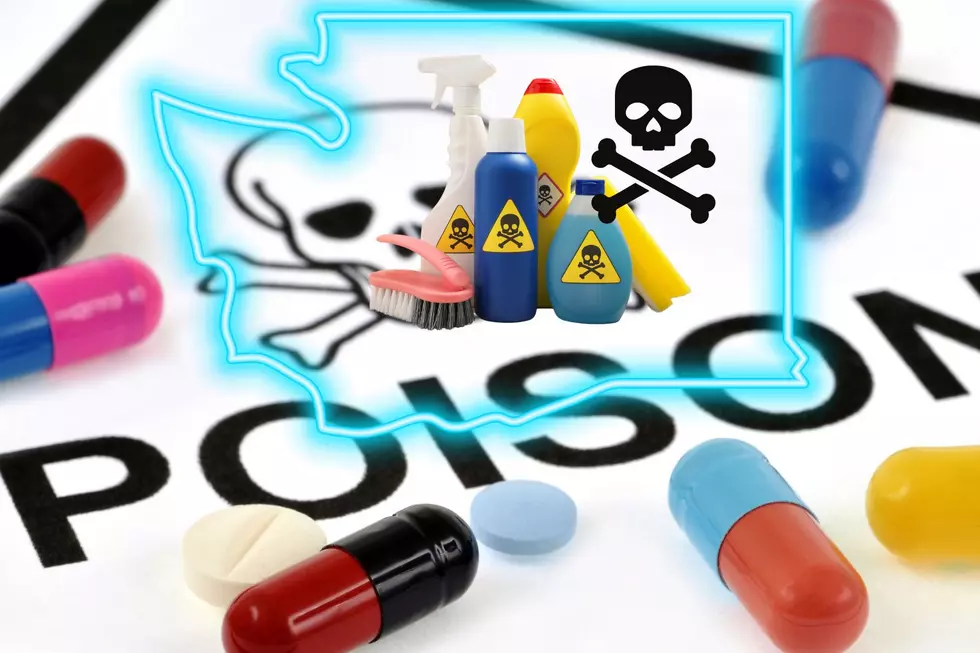
Washington State Health Officials Preparing for Possibility of Ebola – Just In Case
the Washington State Department of Health reports precautions are being put in place.
Monday, state officials were preparing to release information on what's being done to prepare in case Ebola presents itself in our region.
The following officials have met, or are meeting with health care officials and providers to give them information on what to look for, and what steps to take in case a case (or cases) of Ebola are found:
-Dr. Jeff Duchin, Chief of Communicable Disease and Epidemiology, Public Health – Seattle & King County
- Dr. Scott Lindquist, State Communicable Disease Epidemiologist, Washington State Department of Health
- Dr. Timothy Dellit, Associate Medical Director, Harborview Medical Center and UW Associate Professor of Medicine
So far, two people who recently returned from Africa have been quarantined in Washington D.C. hospitals, and the virus has been reported in a case in Dallas, Texas.
Many health care officials say the key point will come in 2-4 months, to see how far it may have spread, or if at all. That will give officials a better chance to see if preventative measures have helped.
The symptoms include, according to the Centers for Disease Control:
· Fever (greater than 38.6°C or 101.5°F)
· Severe headache
· Muscle pain
· Weakness
· Diarrhea
· Vomiting
· Abdominal (stomach) pain
· Unexplained hemorrhage (bleeding or bruising)
It is spread through direct contact or exchange of bodily fluids, and the onset of the disease usually happens anywhere from 2-21 days after exposure. It cannot be spread by mosquitoes, and mammals are the only creatures who can become infected and spread the virus.

